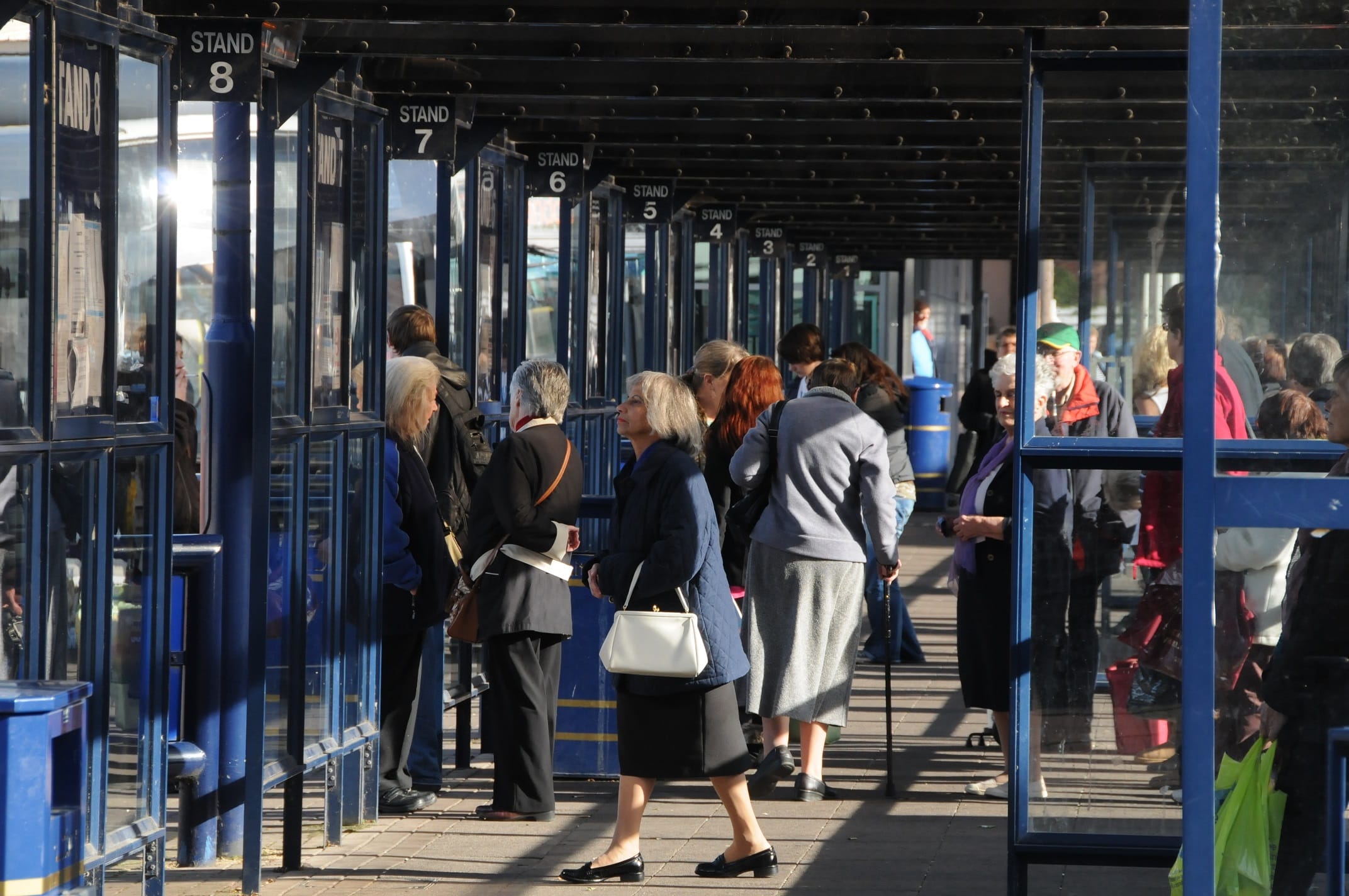Deprivation was among factors added to the scoring process for Bus Service Improvement Plan (BSIP) submissions in England, Under-Secretary of State for Transport Baroness Vere told the House of Lords Built Environment Committee on 5 July.
Lady Vere informed members that deprivation, alongside car ownership, regional spread and urban/rural split, was added to mitigate against BSIP funding largely going “to rich places that did well.”
She asked for the additional factors to be considered “to make sure that we were not funding one type of place,” although that has not come at the expense of supporting ambitious bids. Adding deprivation to the mix forms part of the government’s levelling-up agenda, the minister says.
Underlining the narrative that indicative funding allocations are not the be-all and end-all of BSIP work, Lady Vere adds that there are many aspects of service improvements – such as maintaining priority measures, developing a passenger charter and overhauling ticketing – that do not require specific government funding.
However, Lady Vere was “saddened” by some BSIP submissions that were towards the bottom of the scoring list drawn up by the Department for Transport (DfT). While not naming those locations, the minister says that some local transport authorities (LTAs) “do not particularly like buses and do not invest in them,” and that experience has shown that if money is allocated to those, there is a risk that it will not be spent. Those words follow her comments in January, when she described some BSIP submissions as “a bit rubbish.”
Car ownership was factored into BSIP scoring to allow DfT to see the impact of well-thought-out bus-based solutions in areas that rank high or low in those terms. BSIP submissions in both categories have been indicatively funded.
In addition to highlighting poor BSIPs, Lady Vere also notes that some Zero Emission Bus Regional Areas bids were “not good enough.” Ensuring that LTAs in England have the skills to deliver competent applications is a major aspiration, and such a step would potentially allow the government to allocate more money if ministers are sure that it will be spent appropriately.
“The better [LTAs] do better bids and win more often,” Lady Vere adds. Her biggest concern is those LTAs that do not participate in some government funding competitions at all; DfT will now focus on those and “give them all the support we can.” That could include linking less-competent LTAs with a ‘mentor’ authority in the same region.
Transcript of full session here.



























